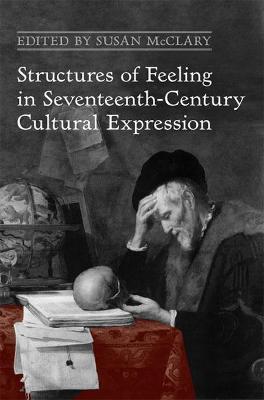UCLA Clark Memorial Library
1 total work
Structures of Feeling in Seventeenth-Century Cultural Expression
by Susan McClary
Published 4 March 2013
Between the waning of the Renaissance and the beginning of the Enlightenment, many fundamental aspects of human behaviour - from expressions of gender to the experience of time - underwent radical changes. While some of these transformations were recorded in words, others have survived in non-verbal cultural media, notably the visual arts, poetry, theatre, music, and dance. Structures of Feeling in Seventeenth-Century Cultural Expression explores how artists made use of these various cultural forms to grapple with human values in the increasingly heterodox world of the 1600s. Essays from prominent historians, musicologists, and art critics examine methods of non-verbal cultural expression through the broad themes of time, motion, the body, and global relations. Together, they show that seventeenth-century cultural expression was more than just an embryonic stage within Western artistic development. Instead, the contributors argue that this period marks some of the most profound changes in European subjectivities.
